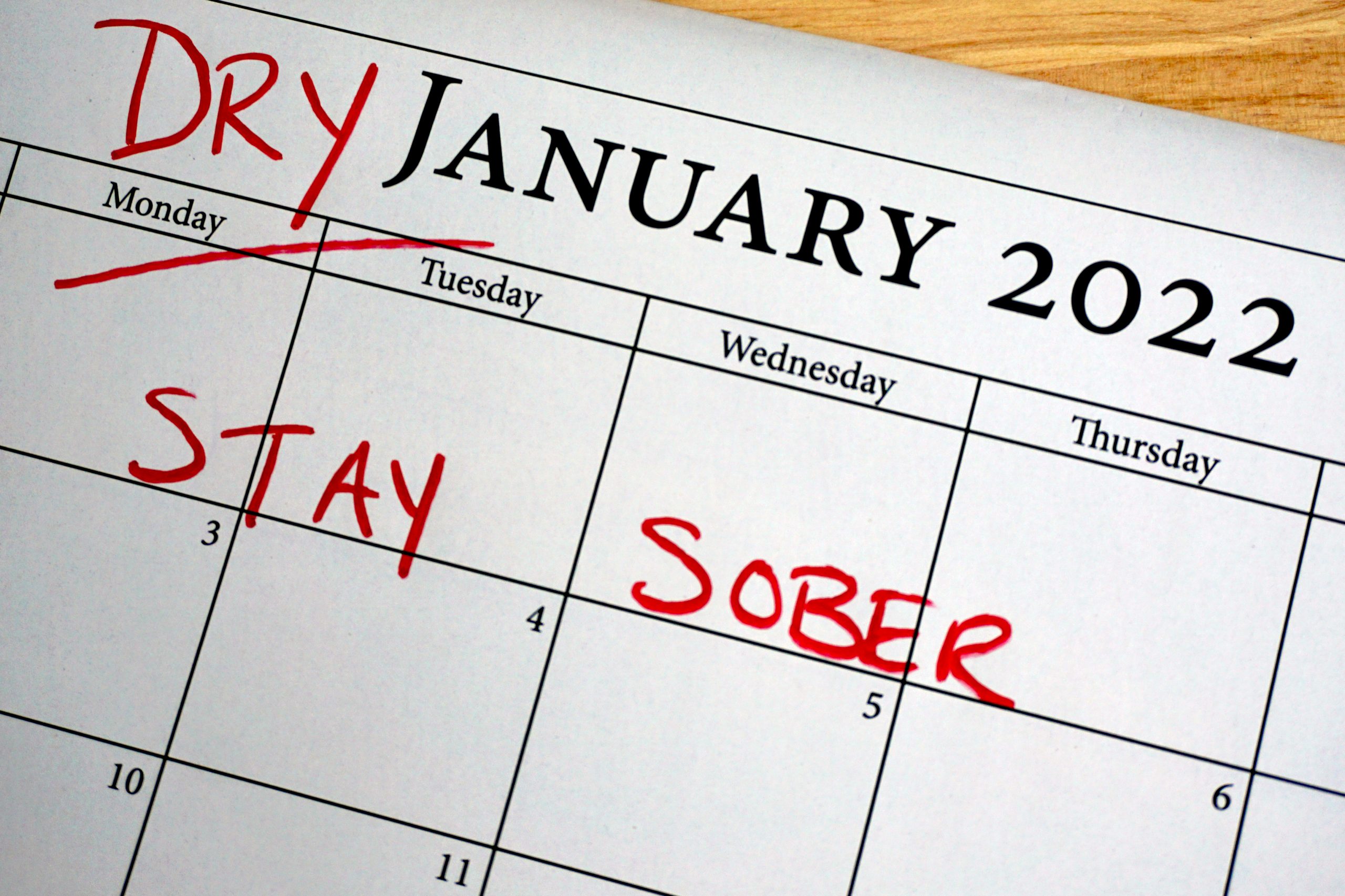This website uses cookies so that we can provide you with the best user experience possible. Cookie information is stored in your browser and performs functions such as recognising you when you return to our website and helping our team to understand which sections of the website you find most interesting and useful.
Kantar: Dry January pushes up no and low sales
Dry January helped to push up supermarket sales of no- and low- products, the latest data from Kantar showed, but the rising cost of living is likely to start squeezing consumer spending.

Grocery inflation has hit 3.8% in the last four weeks, a rise of 0.3% since December, said, which was could add an extra £180 onto the average household’s annual grocery bill over the course of the year.
Fraser McKevitt, head of retail and consumer insight at Kantar, said that prices were rising on many fronts, and this was likely to have an effect on consumer behaviour. “We’re now likely to see shoppers striving to keep costs down by searching for cheaper products and promotions. Supermarkets that can offer the best value stand to win the biggest slice of spend,” he said.
Although there were some wins – sales of alcohol-free beer rose 5% on the back of Dry January – overall supermarket sales fell by 3.8% over the latest 12 weeks to 23 January 2022. However it should be noted that due to the high demand last year, when the UK was back in lockdown, this actually translated as a 8% rise in spending compared to pre-pandemic levels in January 2020.
Online sales had also, down 15% year-on-year, although sales still account for around 12.5% of grocery spend – double the pre-pandemic level.
McKevitt also noted increasing confidence in people’s attitude to going out and about, with on-the-go food and drink purchases likely to be returning to pre-pandemic levels.
“Since the first lockdown in March 2020, shoppers have been buying in bulk and visiting the supermarket less often. But basket sizes are now 10% smaller than this time last year, hitting their lowest level since the beginning of the pandemic, while footfall increased by 5% as every major retailer was busier in their stores,” he said. “Changing habits were most marked in London, where take-home sales of food and drink decreased by 11%. This suggests that people in the capital were the quickest to embrace eating out in cafés, pubs, and restaurants as many of us returned to city centres.”
Supermarket share
Although only three retailers recorded year-on-year growth in the latest 12 week period, sales were up across the board compared to the 2020 figure, Kantar said.
Both Tesco and Waitrose performed ahead of the market to increase their share, with Tesco’s garnering a 27.9% share, up from 27.3% last year and Waitrose seeing the largest footfall increase of any of the supermarket, boosting its share by 0.1 percentage points to 5.1%.
Meanwhile Lidl was the fastest growing physical retailer, with sales up 1.2%, boosting its share of the market by 0.3 percentage points to 6.2%. Aldi also saw growth, with the addition of 1.1 million shoppers over the past 12 weeks, boosting its share by 0.4 percentage points to 7.8%, and sales up by 1.1%.
Ocado sales grew by 2.3% over the past 12 weeks, with its share of the grocery market increasing by 0.1 percentage points to 1.8%. That number almost doubles in London specifically, where the grocer accounts for 3.4% of all sales.
Related news
Maharaja Drinks introduces non-alcoholic Indian drinks brand to the UK

